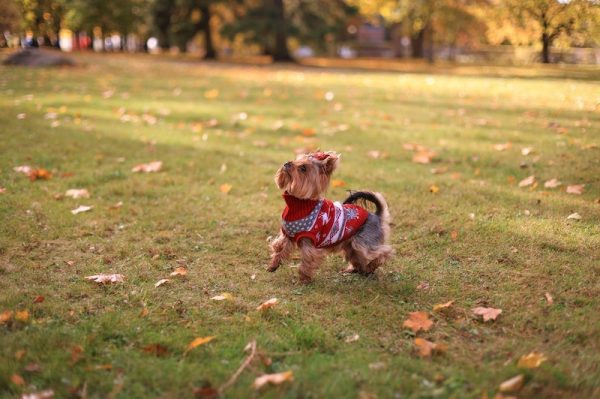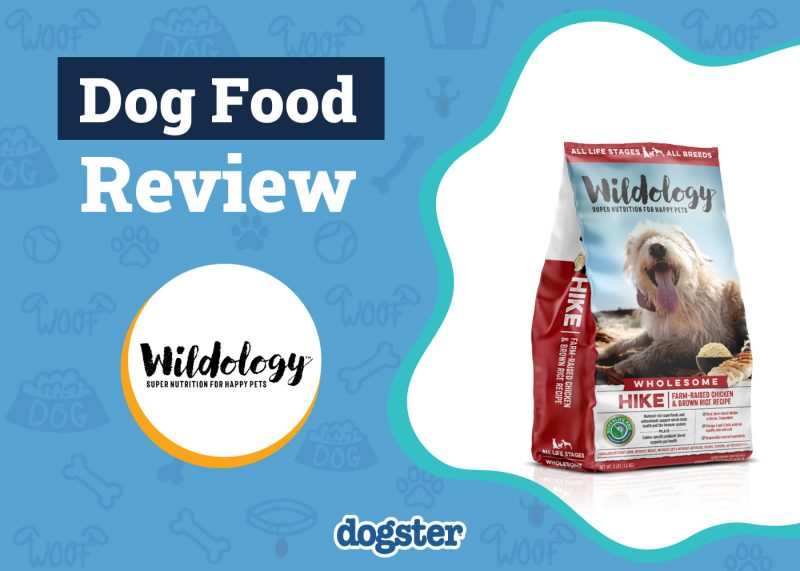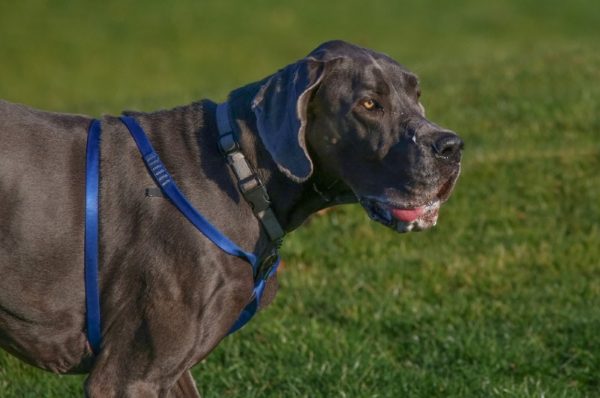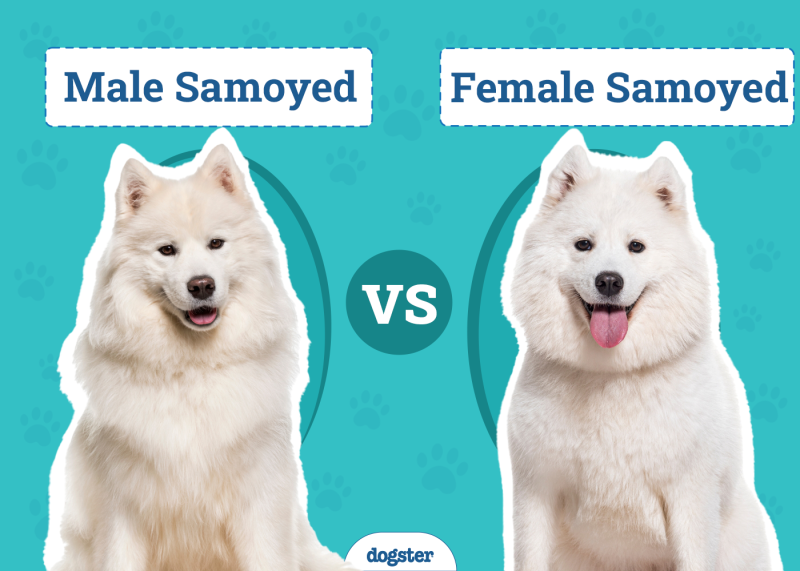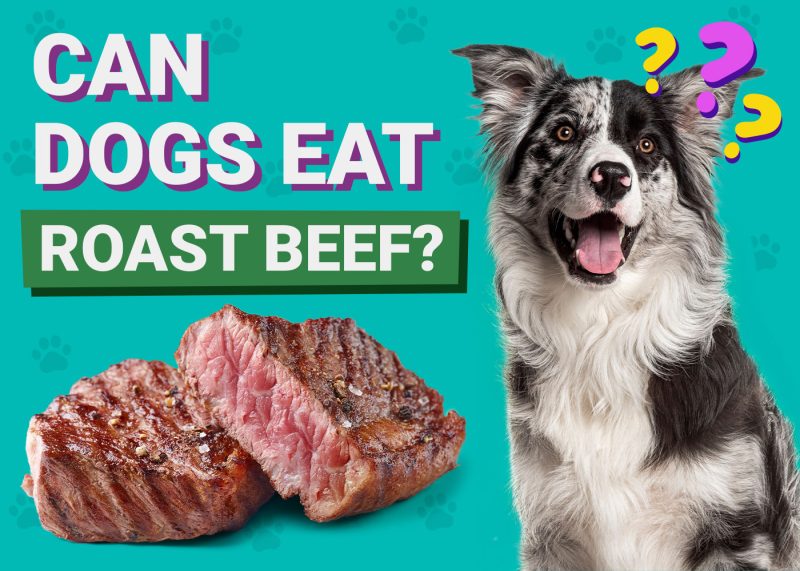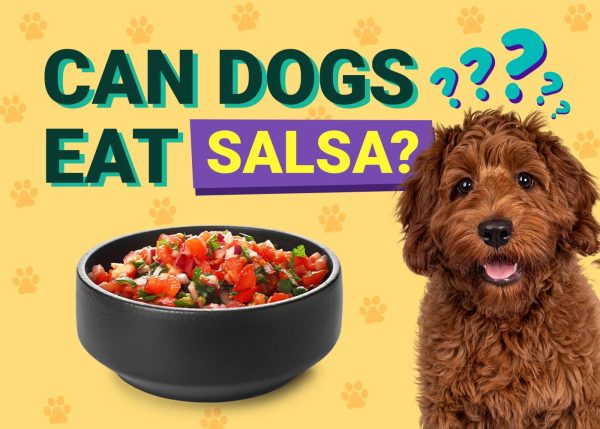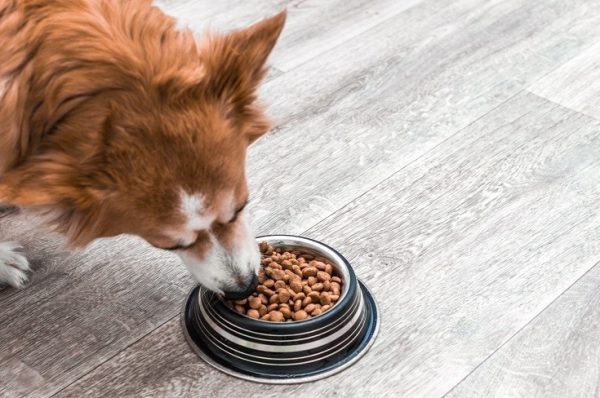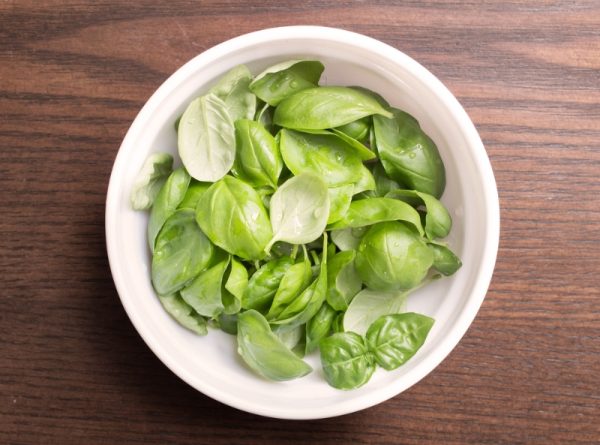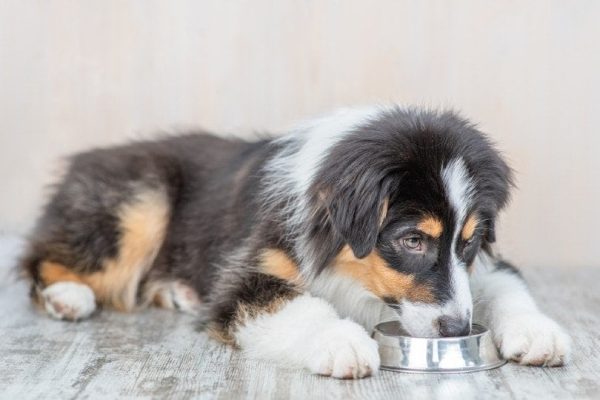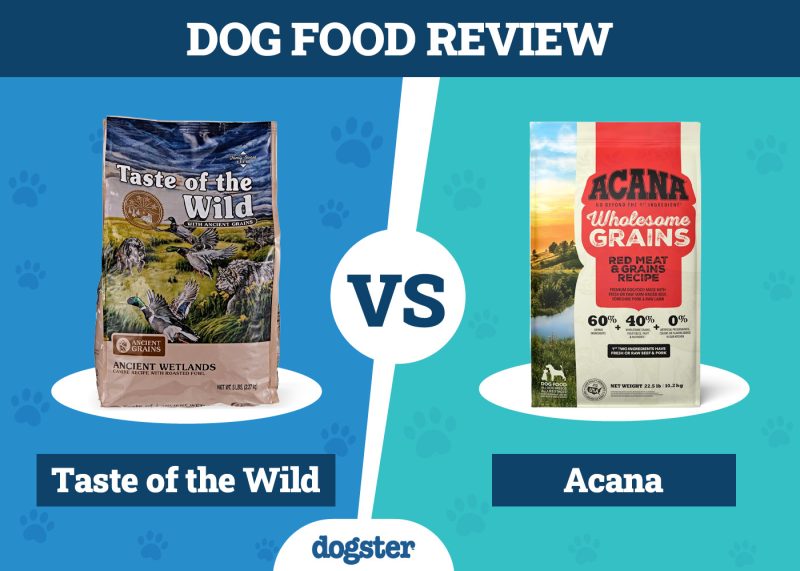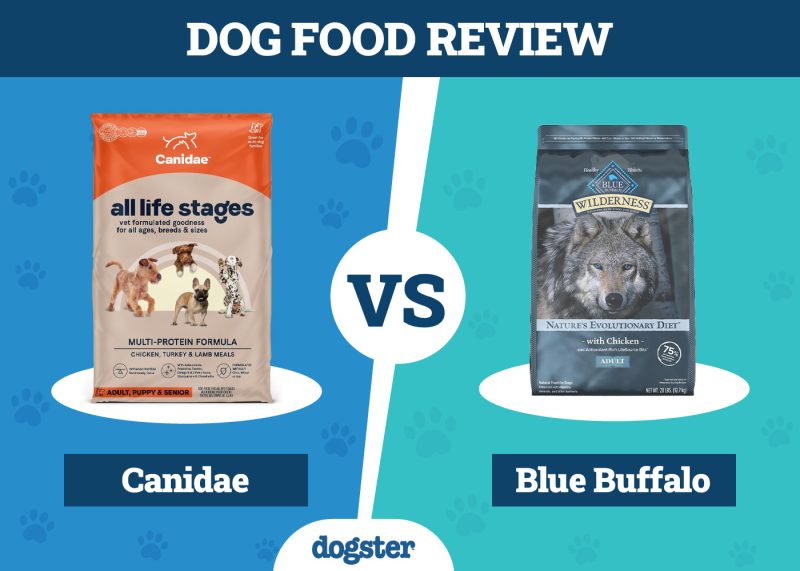In this article
Nothing warms the heart quite like seeing a mother dog snuggling up with her adorable litter of puppies, but we know that this will eventually have to end. Once puppies are weaned, strong, and independent, it’s usually time for them to say goodbye to their mother and siblings and join an eagerly awaiting family.
If we think about this from a human perspective, having our babies taken away just as they get to school age would be horrifying, so it’s natural to wonder how dogs feel when their puppies go to new homes.
When we try to see things through the eyes of our dogs, we sometimes get turned around, and start to see their lives from our perspective, which can get confusing! Although we can never truly know what our dogs feel, we can use logic, science, and behavior to get a better understanding of their emotional experience.
So, Do Mother Dogs Miss Their Puppies? The answer is more complex than you might realize. Read on to learn more.

The Problem with Over-Identifying With Our Dogs
Something that many of us are guilty of at one time or another is ‘anthropomorphism,’ which is projecting human logic, interpretations, and emotions onto other animals. Although this is certainly better than being apathetic to the life and experience of other species, it doesn’t always give us an accurate picture.
We can never know for sure how animals feel, but we can look at their behavior, actions, and relationships to make a more objective interpretation.
Objectively speaking, animal behavior is motivated by the ultimate goal of survival and reproduction. However, we know that we humans have evolved to be motivated by far more than just survival, so does the same apply to our dogs? Having evolved alongside humans for at least 10,000 years, have the wants and needs of dogs changed as well?
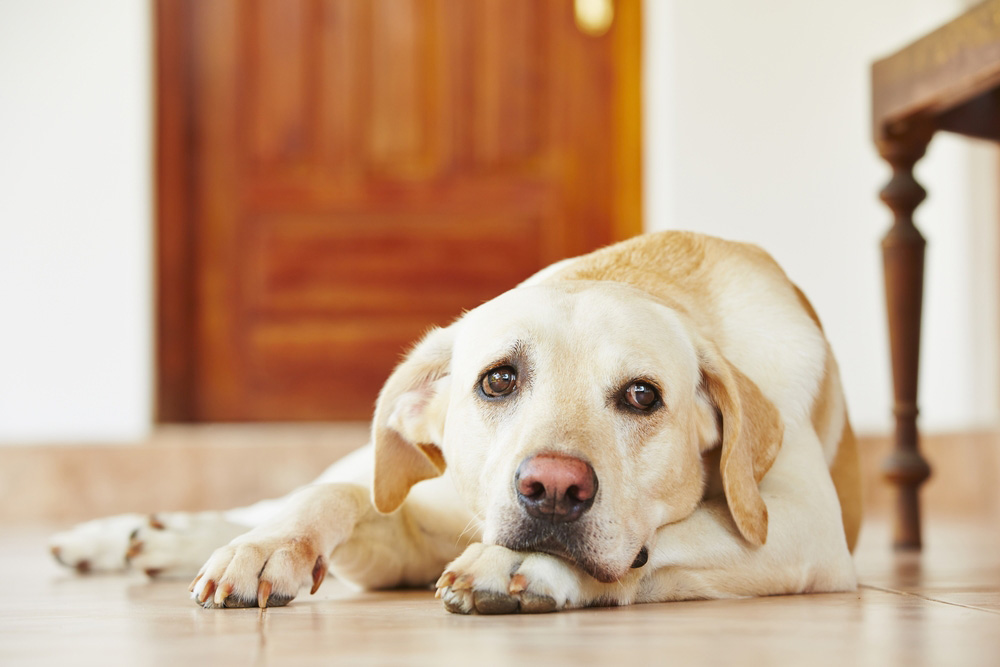
Wolf Pack Dynamics
In order to get an idea of how canine relationships evolved, we can take a look at their wild ancestors.
Unless it is unusually large, there is usually only a single breeding pair in a wolf pack; this is a natural mechanism that reduces friction and inbreeding. In the wild, wolf pups will often stay with their family (natal) pack for the first 2-3 years of their life. Once they reach sexual maturity, they will often disperse to find new, unrelated wolf packs or form their own. Sometimes, same-sex siblings will stay together. The relationships observed in these groups certainly suggest that there is affection and bonding between members of the pack, but this happens between non-related individuals, too.
There can be no doubt that canines are emotional beings that form relationships and attachments. However, those bonds will be overruled by their instinctive need to disperse and reproduce. Does this mean that they don’t miss their family members? I don’t think so. But we don’t tend to see individuals making return visits to see their parents or offspring; once a wolf leaves the pack, they usually do so permanently, although there are situations where wolves may return to their natal pack.
Has Domestication Affected Canine Emotions?
We know that dogs are very capable of forming emotional attachments with other dogs, humans, and other pets, but how does that compare with the emotional link between a mother and her puppies? At least part of that answer lies with how and why canine emotions have been changed through domestication, and whether or not this also impacts their relationship with their puppies.
Forming bonds with the ‘hairless apes’ and living harmoniously with their families and pets has given dogs a distinct evolutionary advantage in a world increasingly dominated by humans. As a result, dogs naturally became more tame, affectionate, and attached to us, with domestication shifting canine priorities from the proliferation of genetic material to seeking comfort and companionship.
If we take a clinical view of canine behavior, there is no evolutionary advantage to forming stronger bonds with their puppies; in fact, the opposite may be true. Puppies may be seen as competition for resources like food and attention, which may not be welcome once they have reached adulthood, and mothers seem to expect their puppies to depart once they reach sexual maturity, if not before.
Dogs that are not neutered or spayed will, of course, breed; it is a biological imperative. It is not, however, a way to create an extended family who gets together over the holidays and takes care of each other in their old age. Although a wolf pack will take care of their sick, injured, and elderly members, this does not necessarily require a genetic link.
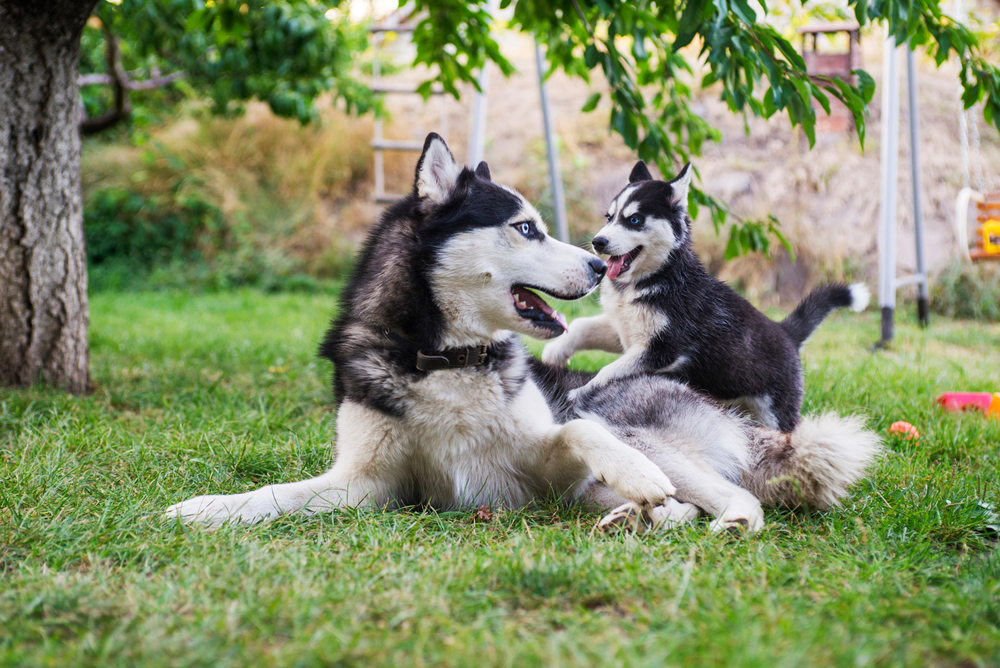
Do Dogs Miss Their Puppies?
On some level, yes, a mother will almost certainly feel the loss of her puppies, but remember, with a gestation period of 63 days, and most puppies leaving between the ages of 8-12 weeks, she will be ready to start a new litter in 2-3 months’ time. Once she has birthed, nurtured, and raised her pups, her job is over and it’s time to move on.
Owners and breeders rarely report observing signs of depression or withdrawal in dogs whose puppies have ‘flown the coop,’ so to speak. If anything, they tend to get impatient and short-tempered with older pups that continue to cling on once they have been weaned.
It’s also worth remembering that a mother dog will sometimes reject, kill, and even consume a puppy that is unwell, weak, or dying; their emotional attachment to their young is simply not the same as ours.

Why Does It Matter?
Some people believe that all dogs should be ‘allowed’ to have a litter of puppies to experience motherhood, but this also makes assumptions about the feelings and needs of the dog. And if a dog does feel such an attachment to her puppies that she misses them when they are gone, is it not more cruel to breed her and take those puppies away?
There are no health or behavioral benefits to breeding a dog, and in fact, research shows that, with the exception of a few breeds, spaying before the second season increases lifespan by removing or reducing the risks of straying, infection of the uterus (pyometra), and mammary cancers.
With the number of stray and surrendered dogs in animal shelters increasing every year, we would always advise against breeding your dog unnecessarily. Allowing her to ‘experience motherhood’ assumes a level of emotional attachment between a mother and her puppies that is very unlikely to exist once they have been weaned.
Final Thoughts
While you will never hear me say that he or she is “just a dog,” it is important to acknowledge that they are a dog, with different needs, motivations, behaviors, and instincts than ours. Unlike humans, who form long-term family relationships that last a lifetime, a dog will birth and nurture her litter until they are old enough to fend for themselves, then quickly move onto the next one. In the wild, canids tend to migrate from their natal packs once they reach sexual maturity if they have any hope of reproducing themselves.
For the domesticated dog, there is no advantage to keeping their pups around longer than is necessary for their survival. Although attachment and affection are an essential part of nurturing and raising a litter, once that job has been completed, they may feel jealous and competitive of those that hang around too long.
While a mother dog likely feels a sense of loss when her puppies depart, there is no evidence or evolutionary reason for her to mourn their loss. Dogs reproduce because their instincts tell them to, and distance themselves from their offspring for the same reason. Through domestication, dogs have found companionship and affection in the form of human families, and these are the attachments that last a lifetime.
Also see:
- Do Dogs Remember Who Their Mother Is? Based on Science
- Do Father Dogs Recognize Their Own Puppies? Facts & FAQ
Featured Image Credit: Ellis Berankova, Shutterstock











